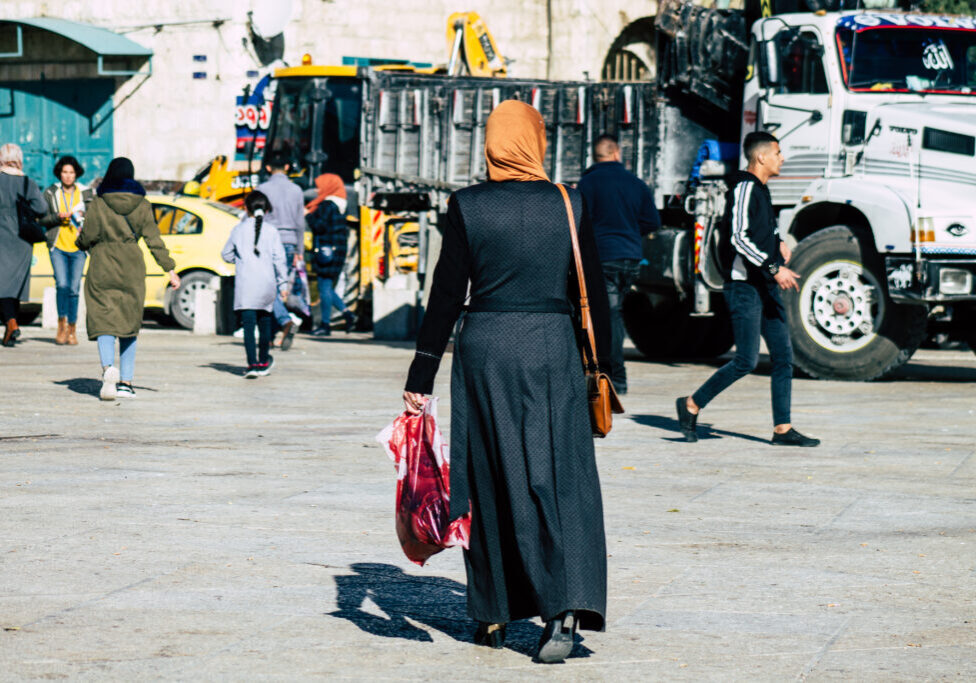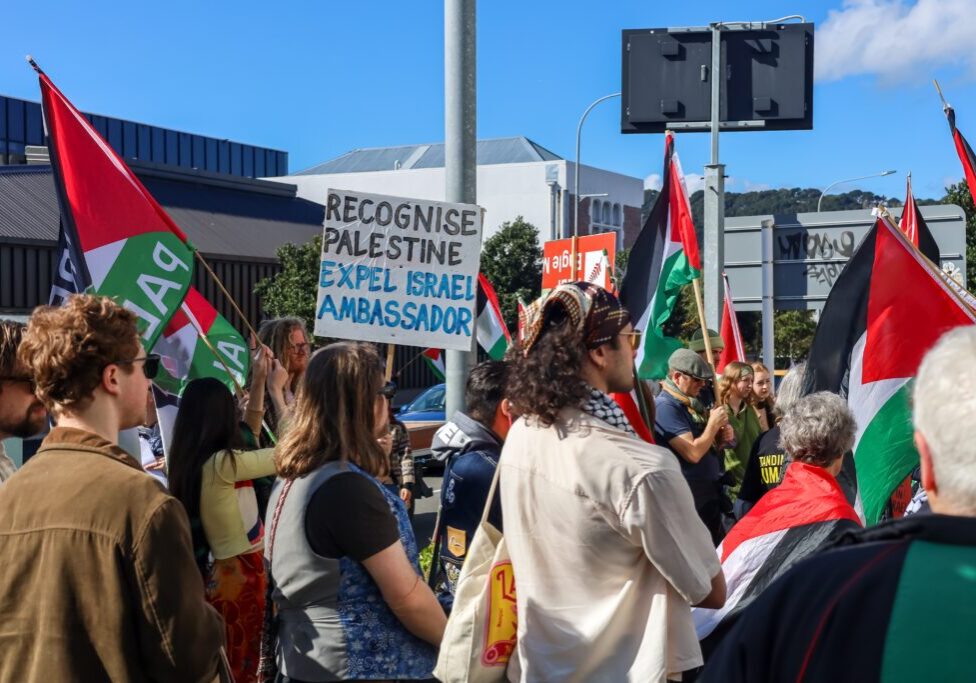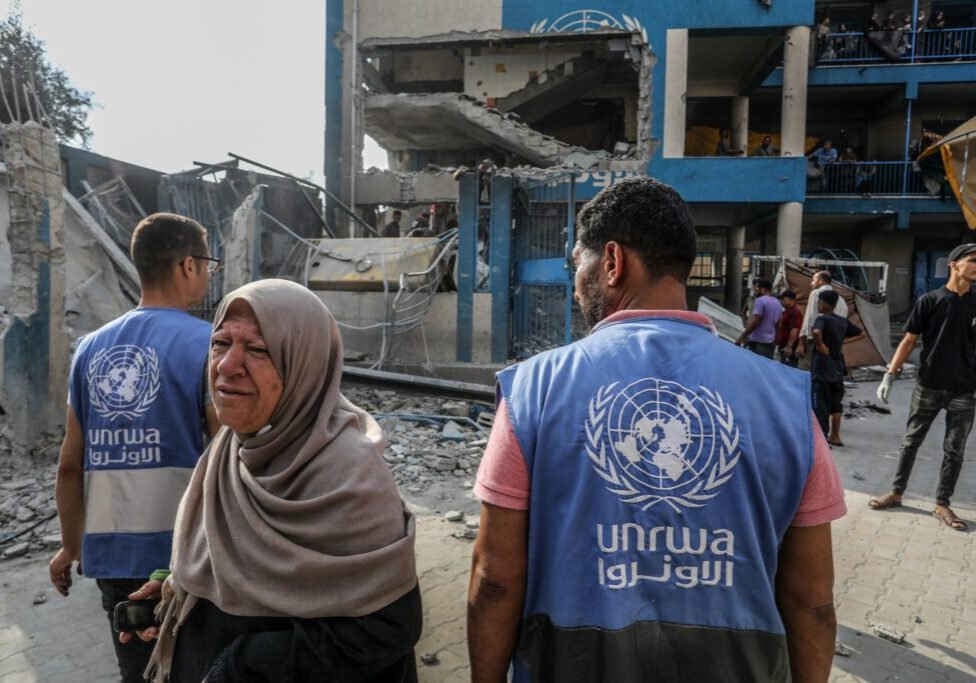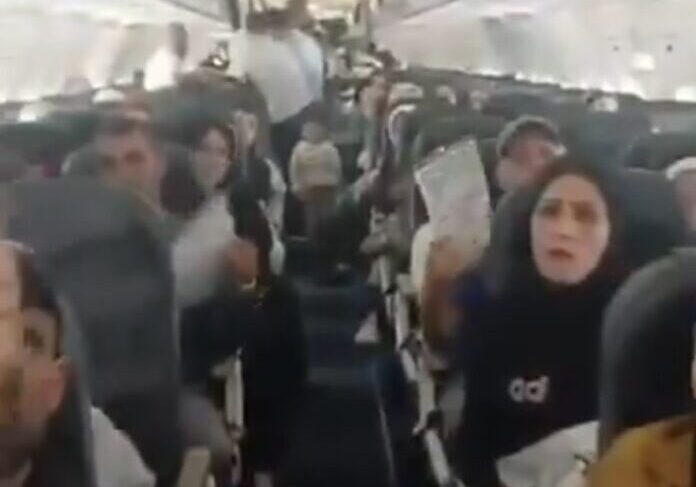Australia/Israel Review
Romirowsky: Challenging UNRWA
Jul 2, 2012 | Ahron Shapiro
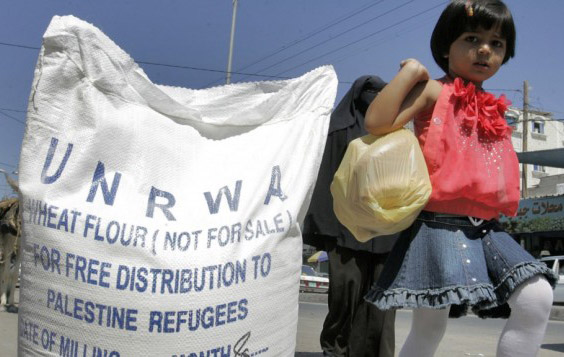
Ahron Shapiro
The United Nations Relief and Works Agency for Palestine Refugees in the Near East (UNRWA), formed as a temporary organisation in 1949 to take care of the immediate needs of the Arab refugees from Israel’s existential War of Independence, has evolved into a sprawling, politically compromised advocate of the Palestinian narrative, according to Asaf Romirowsky, an adjunct scholar at the Foundation for Defence of Democracies and a fellow at the Middle East Forum.
Romirowsky, who has devoted a decade of post-graduate studies to UNRWA, visited Australia in early June.
Romirowsky noted that, “Since World War II there have been approximately about 165 million refugees worldwide. All have been assimilated with the exception of one population, that is the Palestinians.” Romirowsky added that, “The best estimates are that perhaps 700,000 Palestinians became refugees in 1948-1949. By UNRWA’s accounting, however, virtually every Palestinian born since that time is also a refugee. That number now reaches into the millions.”
The scholar noted that UNRWA mirrors the Palestinian definition of a refugee, their narrative, and supports and advocates for their demand for a “right of return” for not only the original refugees but also their descendants.
“UNRWA has been allowed to become [essentially] a full-fledged Palestinian advocate. They’ve learned over the years that if they did not become a Palestinian advocate, then the money that they were promised from the Arab world would not come to them. And when they became a full-fledged Palestinian advocate, predominantly after the Six Day War, Arab money started coming in.”
UNRWA’s support for the Palestinian “right of return” is especially problematic, he said.
“If you look and you try to unearth what Palestinian identity is all about, part of that identity is entrenched within the idea of a Palestinian right of return. That is to say that at some point in time there will be a right of return of Palestinians to a land that according to their narrative was robbed from them. The right of return perpetuates the sense that we are Palestinian and if we give that up, we cannot be Palestinian.”
Romirowsky said UNRWA’s practical acceptance and endorsement of this linkage between Palestinian identity and the right of return, has, in turn, made an Israeli-Palestinian peace agreement much more difficult to achieve.
The ballooning number of Palestinians considered to be refugees according to UNRWA has prompted a growing number of legislators in countries that fund UNRWA to question the organisation’s framing of the Palestinian issue.
“In Washington, Senator Mark Kirk (R-IL) has recently introduced wording into legislation that would limit the number of Palestinian refugees in the Middle East,” Romirowsky explained.
“The Kirk language sets out a more precise series of definitions for American aid to UNRWA, to be specified in the Memorandum of Understanding with the organisation. The draft amendment states that ‘a Palestinian refugee is defined as a person whose place of residence was Palestine between June 1946 and May 1948, who was personally displaced as a result of the 1948 or 1967 Arab-Israeli conflicts, who currently does not reside in the West Bank or Gaza and who is not a citizen of any other state,'” he said.
In layman’s terms, Romirowsky said, “Kirk is saying if we want to have some kind of resolution to the Israeli-Palestinian dynamic, and because this has become one of the core issues perpetuating the conflict, let us say that there has to be an end to the right of return. And that’s what many of us have been engaged with, trying to say that refugee status ends with the original refugees of 1949.”
Romirowsky stressed that this drive to reinterpret what constitutes a Palestinian refugee is not aimed at reducing the amount of aid to those requiring help but rather to simply changing the narrative of how the problem is framed.
“In Israel, MK Einat Wilf [of Defence Minister Ehud Barak’s Independence Party] has been making a similar argument to that of Kirk. So, you do have two supporting initiatives, one in Israel and one in Washington to say enough is enough for the right of return.”
Meanwhile, Romirowsky noted, Canada has taken a different tack on UNRWA funding, aimed at increasing accountability.
“In Canada under the Harper Government… they started to say lets see what our money is funding. Canada took the lead, basically saying, ‘we are no longer going to give our money to UNRWA because UNRWA is one big black hole. We are only going to support projects that we can have some sort of accountability and transparency and show us some sort of measurable outcomes.’
“I would urge other countries to do the same thing,” Romirowsky concluded, noting that some Australian MPs have begun to similarly take notice.
Tags: Palestinians


